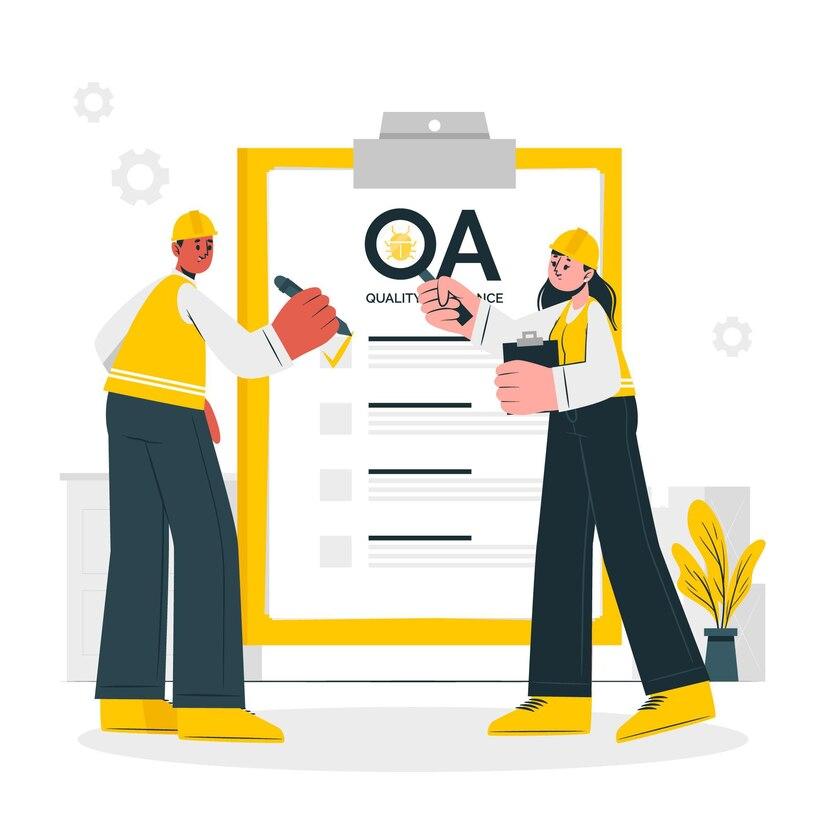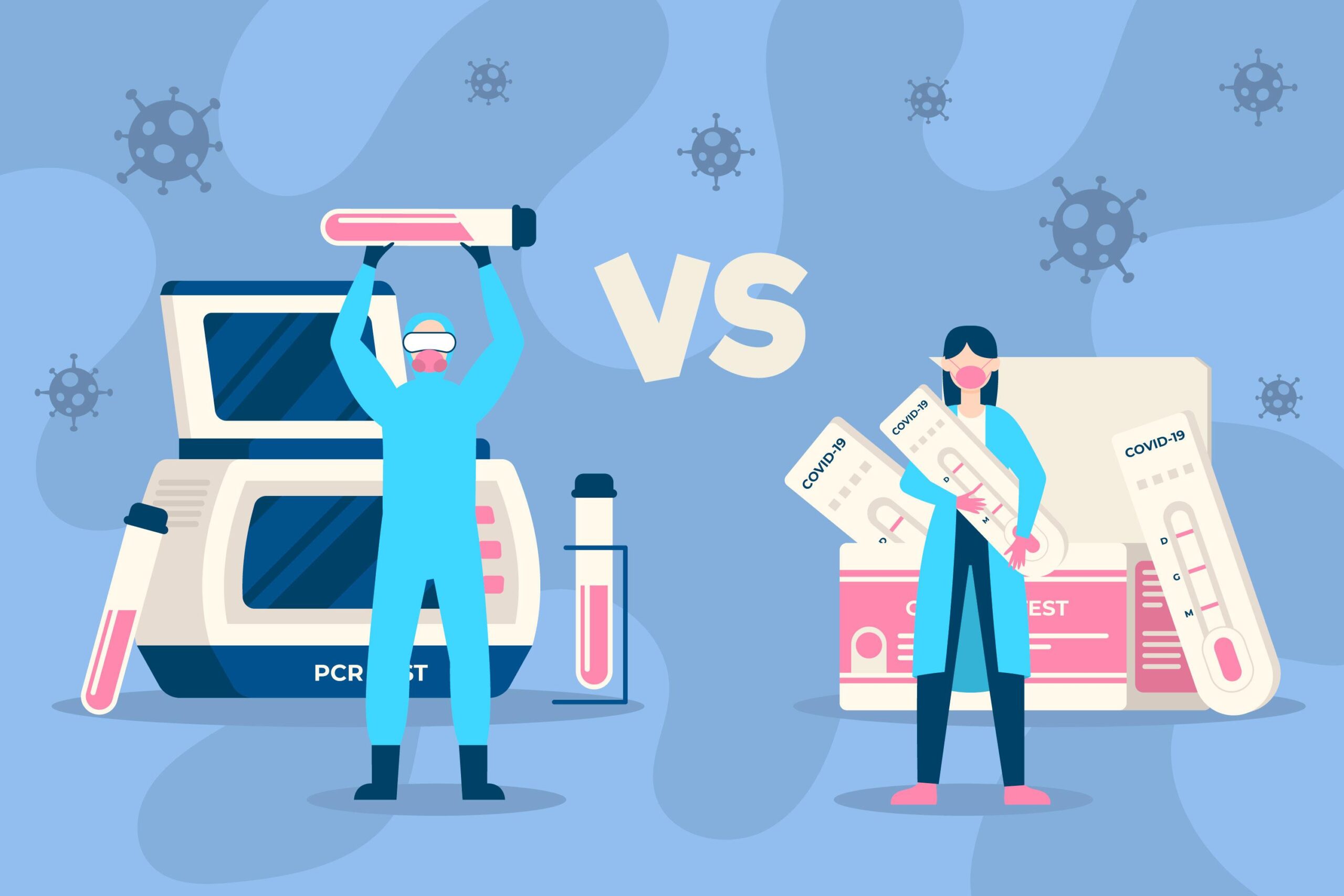In the ever-evolving world of technology, the role of a QA Tester, short for Quality Assurance Tester, has become more vital than ever. As digital products grow more complex and user expectations rise, businesses are investing heavily in quality assurance to ensure their software performs seamlessly. But what exactly does a QA Tester do? What skills are required? And how is this career shaping up in 2025?
Let’s dive into everything you need to know about being a QA Tester in today’s landscape, and where the profession is headed in the future.
What Is a QA Tester?
A QA Tester is responsible for identifying bugs, glitches, and usability issues in software applications before they are released to the public.
QA Testers work closely with developers, project managers, and designers throughout the software development lifecycle. Their job is not only to “break things” but also to improve software by anticipating potential problems and documenting issues for resolution.
Companies like Tambena Consulting that offer comprehensive development services have skilled QA Testers to ensure the end product you receive will be perfect in every way.
Roles and Responsibilities
The day-to-day tasks of a QA Tester can vary based on the company and the stage of product development. However, some core responsibilities include:
- Creating and executing test cases
- Identifying and reporting bugs
- Working with development teams to resolve issues
- Automating repetitive tests using scripts or tools
- Conducting regression testing after bug fixes
- Participating in Agile or Scrum meetings
- Ensuring compatibility across devices and platforms
- Maintaining documentation for test procedures and results
In 2025, with the rise of AI, IoT, and cloud-native applications, QA roles are increasingly integrating automated tools, data analytics, and predictive testing models.
Manual vs. Automated Testing
There are two main types of QA testing: manual testing and automated testing.
- Manual Testing involves human interaction with the software to identify bugs. It’s ideal for usability testing, exploratory testing, and cases that require human judgment.
- Automated Testing uses scripts and tools to test applications quickly and repeatedly. It’s essential for regression tests, load tests, and large-scale systems.
While manual testing isn’t going away, automation is becoming the industry standard, especially in CI/CD (Continuous Integration/Continuous Deployment) environments. In 2025, hybrid QA professionals who can write scripts and conduct exploratory testing are in high demand.
Essential Skills for QA Testers in 2025
To succeed as a QA Tester today and thrive in the coming years, one needs both technical expertise and soft skills. Here’s a breakdown:
Technical Skills
- Understanding of SDLC and STLC: Knowing the software development and software testing life cycles.
- Familiarity with Testing Tools: Tools like Selenium, JIRA, Postman, TestRail, and Cypress are industry standards.
- Basic Programming Knowledge: Knowing languages like Python, Java, or JavaScript helps in writing automated tests.
- API Testing Skills: As applications become more interconnected, API testing using Postman or REST Assured is crucial.
- Knowledge of CI/CD Pipelines: QA Testers should understand Jenkins, GitLab, or CircleCI for integration into development workflows.
- Database/SQL Skills: Ability to validate data and run queries during backend testing.
- Cross-Browser and Device Testing: Especially important for web and mobile apps.
Soft Skills
- Attention to detail: Spotting subtle bugs or design flaws.
- Analytical thinking: Breaking down complex problems into testable scenarios.
- Communication: Documenting bugs clearly and collaborating across teams.
- Adaptability: Willingness to learn new tools and keep up with trends.
- Teamwork: Often working in Agile or Scrum environments.
In 2025, testers are expected to have a “test mindset,” a proactive approach to identifying risk, not just confirming correctness.
Educational Background and Certifications
Most QA Testers come from backgrounds in computer science, software engineering, or information technology. However, a formal degree is not always required, especially for manual testers or those transitioning from other roles.
Many successful QA professionals are self-taught or come from boot camps and online certification programs.
Valuable Certifications for QA Testers
- ISTQB (International Software Testing Qualifications Board)
- Certified Agile Tester (CAT)
- Certified Selenium Tester
- AWS Certified DevOps Engineer (useful in cloud-based environments)
- Postman API Testing Certification
These certifications help validate your skills and can open doors to more senior roles.
QA Tester Jobs in 2025: What to Expect
The demand for QA Testers continues to grow, with a few key trends shaping the job market:
1. Shift-Left Testing
Testing is being integrated earlier in the development process. QA is no longer a post-development afterthought; it’s embedded in Agile teams from the start.
2. Rise of Test Automation Engineers
More companies are hiring QA Engineers who specialize in automation, writing scripts, and building testing frameworks alongside developers.
3. AI and ML in Testing
AI-driven testing tools can predict potential failure points, generate test cases, and even auto-heal test scripts. Testers will increasingly work alongside these tools to validate results.
4. Remote and Freelance Roles
The rise of remote work has expanded opportunities globally. Freelancers and QA consultants are in demand, especially for startups and product-based companies.
5. Niche QA Roles Emerging
Specializations such as Security Testing, Performance Testing, Mobile App QA, and Game Testing are carving out unique career paths.
QA Career Path: Where Can You Go From Here?
Quality Assurance is more than a stepping stone; it can be a fulfilling lifelong career. Here’s how the path typically evolves:
- QA Tester (Manual)
- QA Engineer (Automation)
- Senior QA Analyst
- Test Lead / QA Team Lead
- QA Manager
- QA Architect
- Director of Quality / VP of QA
With experience, QA professionals may also transition into DevOps, Product Management, or Business Analysis roles. Refer to:
How to Successfully Negotiate Your DevOps Engineer Salary
How to Land a QA Job in 2025
If you’re aiming to start a career as a QA Tester or pivot into this space, here’s what you should do:
- Learn the Basics
Understand software testing principles, types, and techniques.
- Master Tools
Pick tools like Selenium, JIRA, or Postman and get hands-on experience.
- Build a Portfolio
Showcase your test cases, bug reports, and automation scripts on GitHub.
- Get Certified
It’s not mandatory, but it adds credibility.
- Join Communities
Participate in QA forums, attend webinars, and follow industry leaders on LinkedIn.
- Apply Strategically
Start with internships, QA bootcamps, or freelance gigs to build experience.
Final Say
In 2025, QA Testers are not just bug-hunters; they are user advocates, process improvers, and technology innovators. As software continues to dominate every industry, the need for professionals who can ensure quality, reliability, and performance is only growing.
Whether you’re just starting out or looking to upskill, a career in QA offers exciting challenges, career flexibility, and a front-row seat in the world of tech innovation.
So, if you’re detail-oriented, love solving problems, and enjoy working in dynamic teams, becoming a QA Tester could be your ideal path in the digital age. We hope this guide was helpful. For more such informative content, stay tuned to the Tambena Consulting blog page. Until next time.






